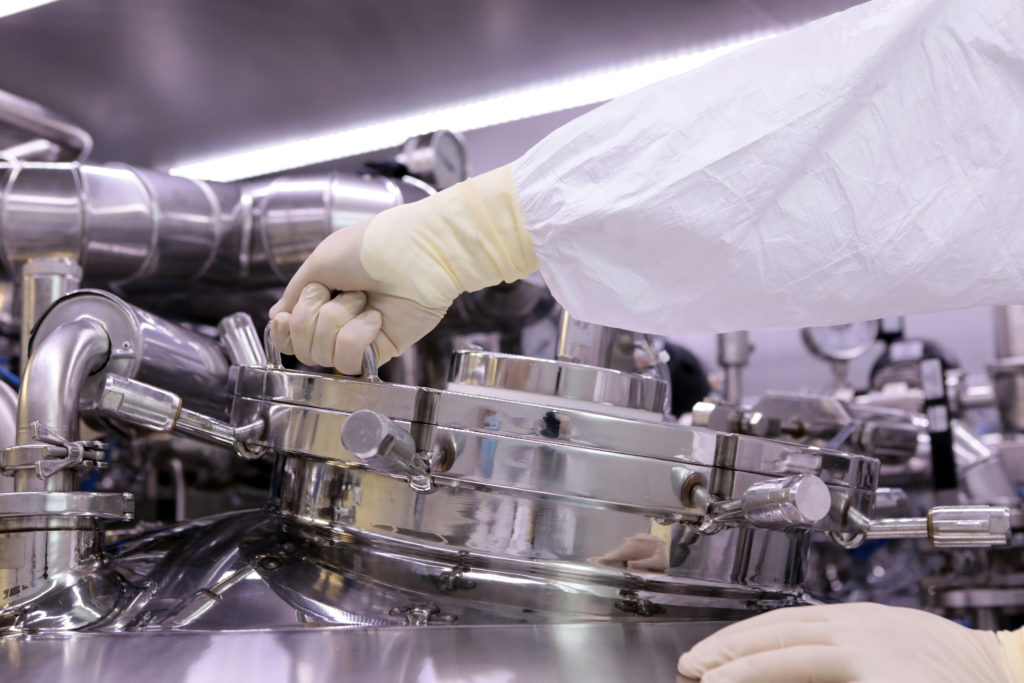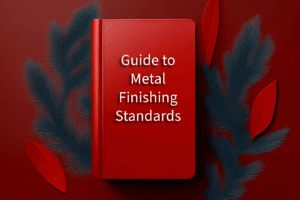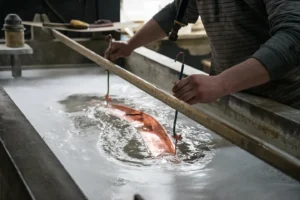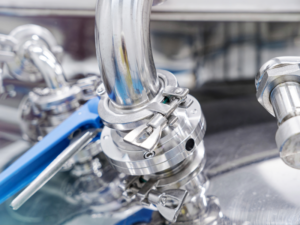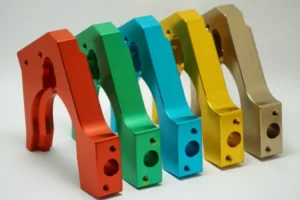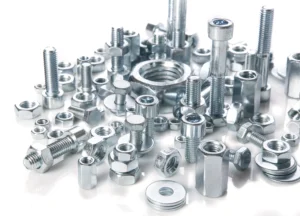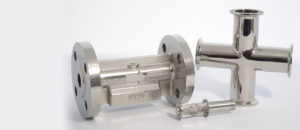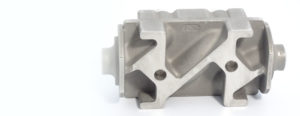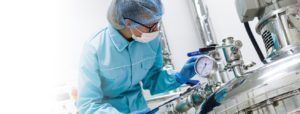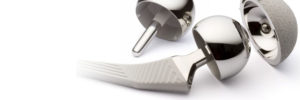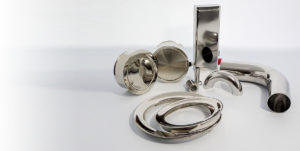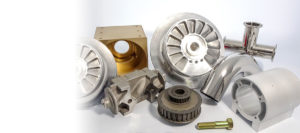Passivation of stainless steel is a key treatment for resisting corrosion in pharmaceutical and biotechnology manufacturing. Contamination is the adversary of almost any manufacturing process, but with the production of pharmaceuticals, even the slightest amount of contamination can have devastating consequences.
Tanks, piping, and other components of process manufacturing and chemical production are often made of austenitic grades stainless steels, such as 304L and 316L, because of their superior corrosion resistance, stability at higher temperatures, and tensile strength.
Stainless steel alloys with a minimum of 11% (maximum 30%) chromium prevent corrosion of iron particles and enhance their ability to withstand higher temperatures. When free iron is removed from the surface, it naturally forms a chemically inert passive layer that protects the underlying base metal. Gradually, the metal’s protective layer can be weakened and damaged requiring passivation treatment to avoid potential corrosion.
Corrosion, or rouge, is iron oxides that can form in water systems of process tanks and in the piping systems. The visual effects of rouging can be a red or black haze on the exposed surface or a slimy appearance like bio-contamination and can result in surface pitting of the flow path surface. Rouging can contaminate high purity systems which can adulterate products, cause yield problems, increase maintenance, may result in lost product, and can reduce efficiency.
The Preventative Passivation of Stainless Steel
Avoiding product contamination requires eliminating the causal conditions. Passivation effectively strengthens the metal’s passive layer to increase its resistance to corrosion and implementing a preventative schedule provides a proactive approach to circumventing roughing. The maintenance is performed before rouging sets in to prevent product and equipment fiascos. Documenting equipment service can also serve as proof of compliance with industry regulations.
Planned passivation of stainless steel schedule has many advantages:
- Decreases the risk of expensive repairs
- Minimizes the risk of unplanned downtime
- Reduces the threat of product contamination
- Extends production cycles
- Certifies compliance with specific industry requirements
Unexpected incidents are always more costly and inconvenient than a planned course of action. A consistent passivation schedule reduces the risks of unexpected circumstances in exchange for more dependable and longer lasting equipment.
Contact us to learn more about passivation, equipment and parts decontamination, and other services for the pharmaceutical and biotechnology industries.
